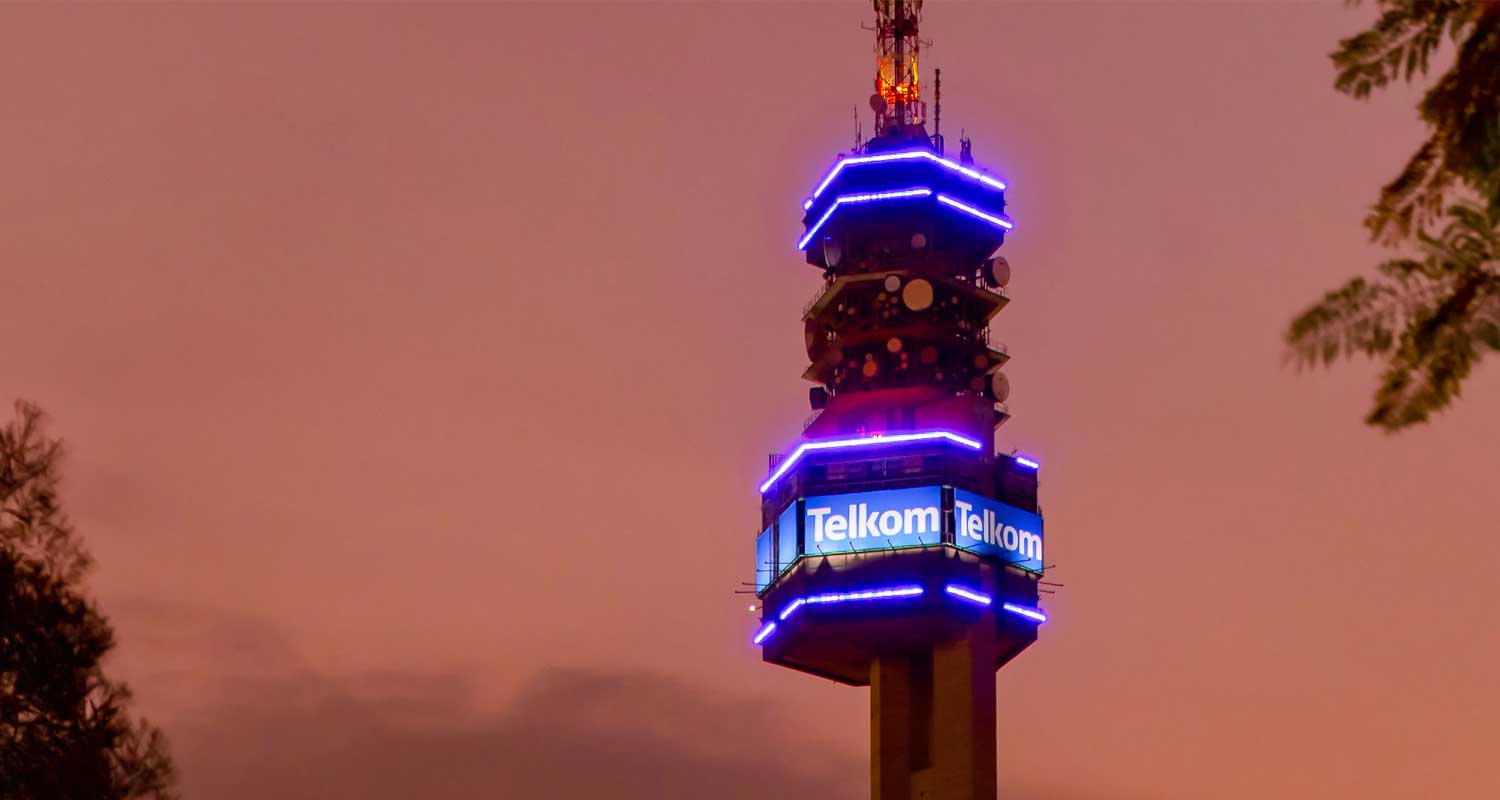 Telkom has criticised communications regulator Icasa over its alleged failure to engage stakeholders – including other mobile network operators – before approving spectrum pooling agreements between MTN, Cell C and Liquid Intelligent Technologies.
Telkom has criticised communications regulator Icasa over its alleged failure to engage stakeholders – including other mobile network operators – before approving spectrum pooling agreements between MTN, Cell C and Liquid Intelligent Technologies.
The pooling deal is the subject of a lawsuit by Vodacom, which has claimed that it has given rival MTN South Africa an unfair advantage in network performance. The matter is enrolled at the high court in Pretoria.
“The primary concern that Telkom addresses is that Icasa granted these approvals for spectrum pooling without giving Telkom, or other interested and affected parties, an opportunity to comment on the applications for such approvals,” said Nozipho Mngomezulu, group executive for regulatory and legal affairs at Telkom, in an affidavit.
TechCentral first reported in May that Vodacom had filed an application with the high court seeking an urgent interdict to stop rival MTN from using “spectrum pooling” arrangements that it claimed were “secretly” and “unlawfully” approved by Icaca in June 2022.
As the sixth respondent in the case, Telkom has agreed with Vodacom’s assertion that Icasa’s approvals were indeed done in secret, saying the approvals have undermined the regulatory safeguards woven into the spectrum auction process.
“It cannot be that spectrum is auctioned off at a significant cost in a process that is carefully crafted (including the imposition of a spectrum cap) to ensure proper competition and efficient allocation of spectrum, for it then to be traded secretly (or otherwise given) to another, without the knowledge or submission of other mobile operators,” said Mngomezulu.
Nomenclature
The Electronic Communications Act does make room for Icasa to approve spectrum-sharing agreements between various licensed entities. In its submission to the court, Vodacom argued that the arrangements Icasa approved between MTN and Cell C, as well as MTN and Liquid, amounted to spectrum pooling, which Vodacom said is not allowed.
Telkom said Icasa’s correspondence with Vodacom suggests the regulator interpreted the “pooling” arrangements between MTN, Cell C and Liquid “as a species of sharing of spectrum”. Telkom argued in its submission that nomenclature should not be the focus of the analysis, but rather that the effect of a spectrum arrangement between two or more parties on the market should be the primary basis for deciding whether it should be approved or not.
Read: Icasa wants operators to learn to share spectrum
“What matters is not the label given to these arrangements. What matters is whether, in practice, they allow mobile network operators to access additional spectrum capacity they have not been formally licenced to use by Icasa. In those circumstances, such arrangements can affect and distort the competition in the market and undermine the fairness of Icasa auctioning and assigning high-demand spectrum,” said Mngomezulu.
Telkom’s reasoning aligns with Vodacom’s assertion that Icasa ought to have consulted the Competition Commission before granting regulatory approval to MTN, Cell C and Liquid for the “pooling” of spectrum. Telkom said spectrum arrangements which allow a mobile operator to increase its spectrum capacity can have a material impact on competition and the proper regulation of the market.
 She added that if such arrangements are not properly regulated, they can undermine and subvert the outcome of spectrum auctions and other allocations, as well as the efficient, competitive and fair use of spectrum in the public interest.
She added that if such arrangements are not properly regulated, they can undermine and subvert the outcome of spectrum auctions and other allocations, as well as the efficient, competitive and fair use of spectrum in the public interest.
“Icasa should at least have invited and properly considered written comments on the applications from mobile operators and other affected parties before it decided to approve the arrangements between MTN, Cell C and Liquid,” said Mngomezulu. – © 2024 NewsCentral Media




